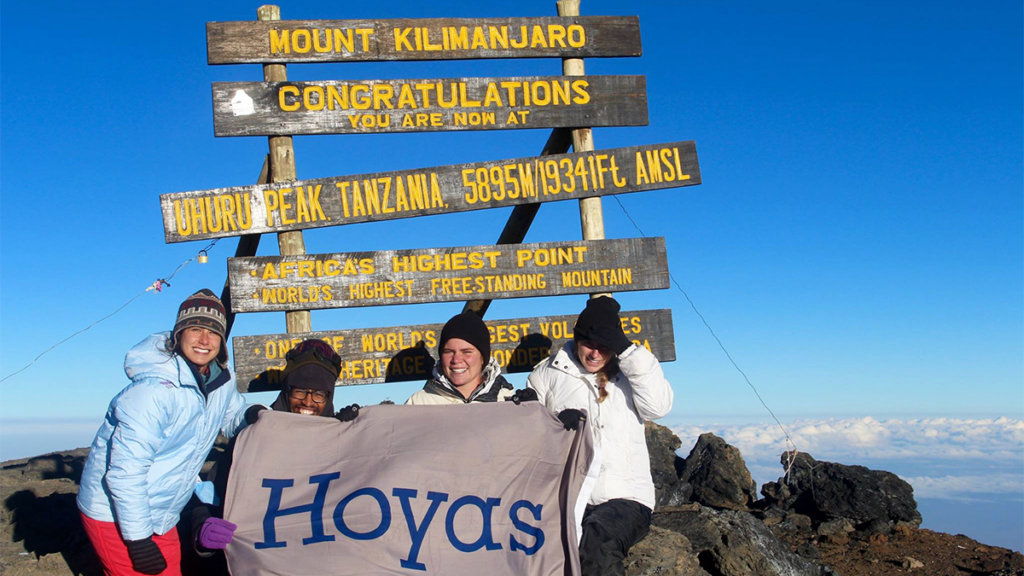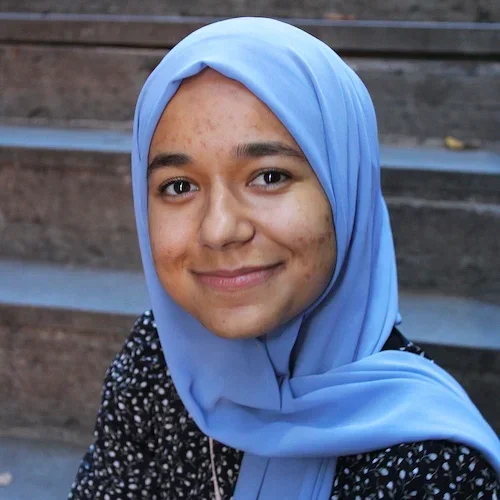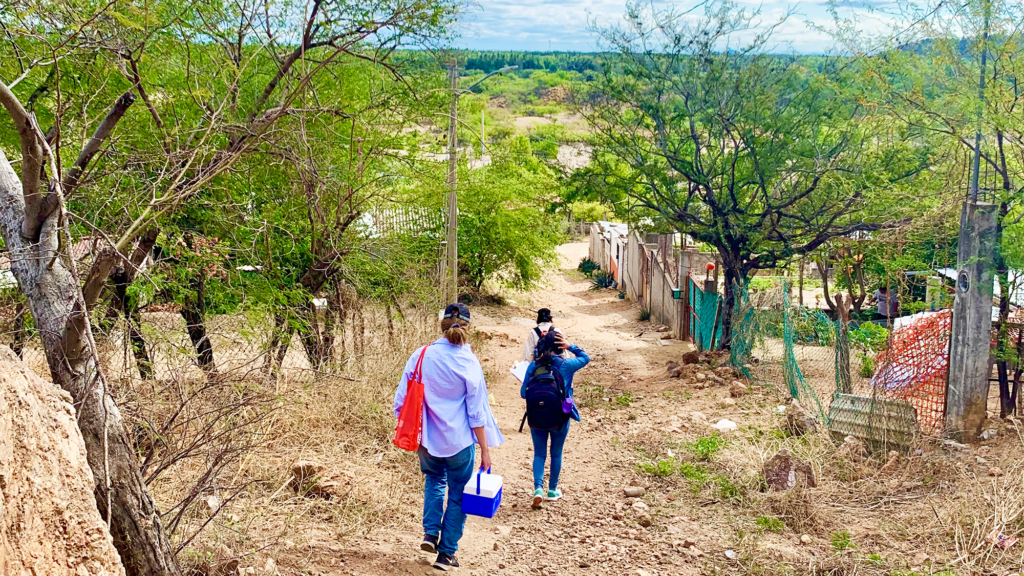About the Program

Students in Western Australia during their global health practice and research experiential learning course
The Bachelor of Science in Global Health is a four-year program that blends public health and health systems management with an emphasis on how the environment, culture, economics, and politics affect the health status of whole populations. The program, one of the few of its kind in the nation, provides students with dynamic and transformational educational opportunities in the United States and abroad. From 2003 to present, more than 300 students have taken part in the program’s innovative, semester-long research practicum abroad for seniors.
Unique Program Features
- The program exposes students to the fields of international affairs, health science, public health, and health systems management
- Grounded in Catholic, Jesuit values, including cura personalis, care of the whole person
- Opportunities for hands-on learning and credit-bearing research experience locally, nationally, and abroad
- Internship experience at the community, national, and international levels
- Taps the extensive resources of international and non-governmental organizations based in Washington, D.C.
- A strong emphasis on service learning
- Pre-med and study abroad opportunities
The crisis of the COVID-19 pandemic has dramatically increased attention and opportunities in global public health. The global health program is well-positioned at the forefront of this work.
Jennifer Huang Bouey, Associate Professor, Department Chair
Why Choose This Program?
Admissions

Application Deadlines
Early Action – November 1
Regular Decision – January 10
Transfer – March 1
Current Students





